The worries about coronavirus and the general fatigue of sheltering in place is taking its toll on the mental health of employees. And according to most mental health experts, the COVID-19 pandemic will affect the mental health and wellbeing of employees well beyond the immediacy of the initial crisis.
For those of us in leadership positions, this weighs heavily. The idea of working from home was once novel and has for many, quickly grown old. Employees readily admit that the line between work and personal life is increasingly blurred, making relaxation challenging. For those still going to their worksites every day, the stress and danger of being infected is weighing heavier as the country experiences new surges in infections. Interacting with friends and family via Zoom, virtually celebrating everything from birthdays to weddings to happy hour is not quite meeting the need for connection.
As leaders, we are struggling with the need to bring employees back to our worksites safely in order to serve our clients and maintain the solvency of the organization, and at the same time ensuring our employees feel safe enough to effectively do their jobs.
Woven into this tension is the knowledge that many of our staff are struggling with their emotional well-being. As a CEO of a large multi-national company, employee health and wellness was always part of my role, but has recently taken on new significance. Some time ago we had Patrick Kennedy—a champion for mental health issues and insurance parity—present at one of our Solution Series. He emphasized the importance of every one of us “getting a checkup from the neck-up” at the same time we are attending to our physical health. He addressed the reality of stigma and the difficulty employees face in being open about the struggles they may be facing. And he is right. The workplace has not always been a safe place for talking about emotional well-being. Many employees fear being judged and thought of as “less than.” We need to change this.
According to a recent article in Fortune Magazine by Guru Gowrappan, “…Rewriting the story [making it safe to talk about mental health issues in the workplace] requires organizational leaders to be vocal—not just by talking the talk, but by action. Every executive leader, department head, manager, and colleague has an important role to play in …helping to normalize the conversation. The steps that organizations take now will go a long way in ensuring that employees are equipped with the tools and education needed …”
At Denver-based Paladina Health, which manages primary care practices, Chief People Officer Allison Velez said that virtual 15-minute meditations are being offered each morning for any employee interested in joining. Teammates who miss the meditation can log in later for a replay.
“The old rules may not apply,” Velez said. “This is the time for HR to reinvent themselves. If your old policies and programs aren’t meeting the current needs of your teammates, change them.”
Recently, as part of our commitment to addressing this issue, The Fedcap Group launched a professional development opportunity focused on trauma-informed care. The fact that the session was filled within days and had a long wait list, told us the importance of this topic to our staff. We are intentionally embedding small group discussions about self-care and resilience into this series. Employees need and want to talk about how their emotional well-being impacts their ability to do their jobs well. Fostering these conversations opens the door to a new corporate culture that normalizes discussions about emotional well-being and builds a strong sense of employee safety.
Addressing the overall health and well-being needs of our employees just makes sense. It impacts loyalty, quality and productivity. And it is the right thing for leaders to do.



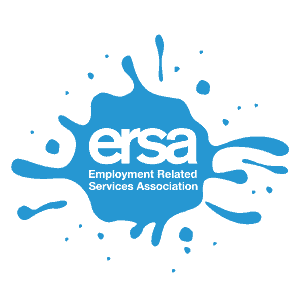
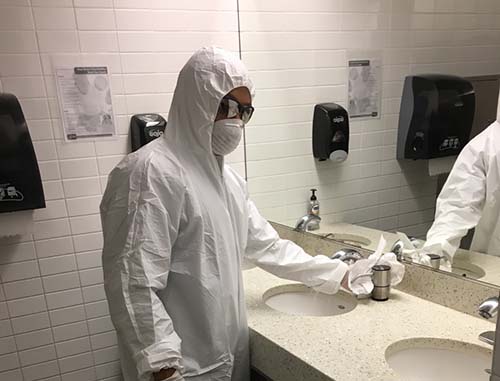
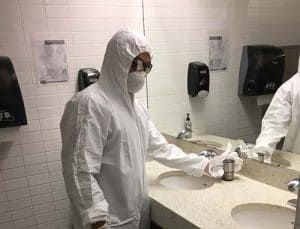 NEW YORK, NY (June 29, 2020)
NEW YORK, NY (June 29, 2020)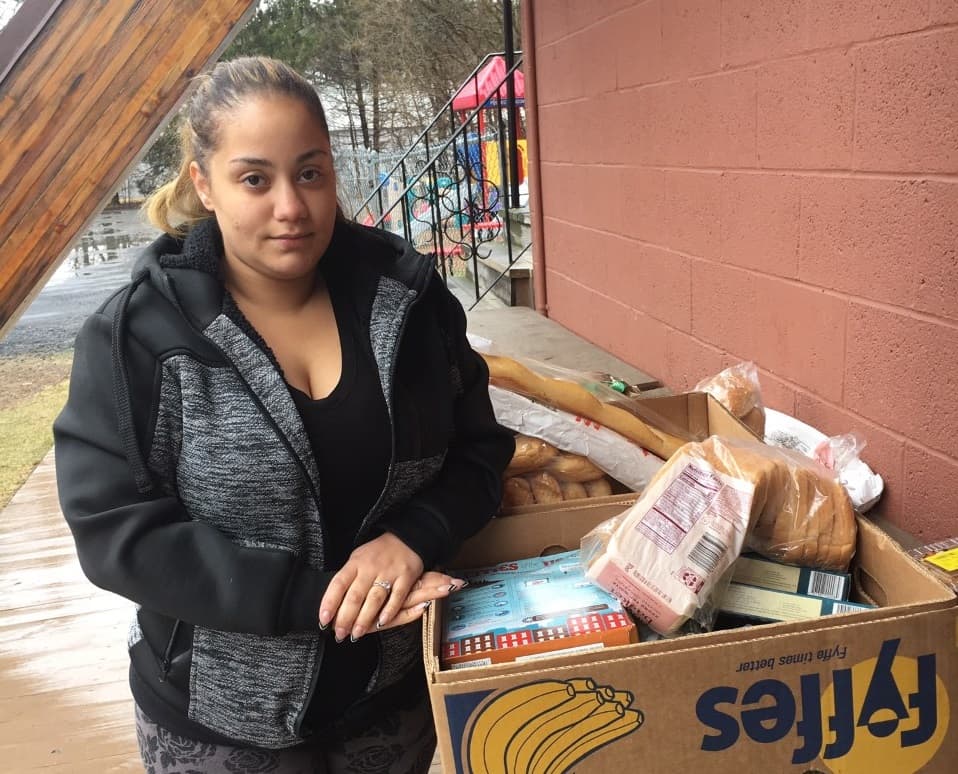
 PORT JERVIS, NY (June 29, 2020) — New York Governor Andrew Cuomo has written a letter to the food banks of New York—including Easterseals New York’s Community Outreach—recognizing their remarkable work in feeding needy New Yorkers during the COVID-19 pandemic.
PORT JERVIS, NY (June 29, 2020) — New York Governor Andrew Cuomo has written a letter to the food banks of New York—including Easterseals New York’s Community Outreach—recognizing their remarkable work in feeding needy New Yorkers during the COVID-19 pandemic.
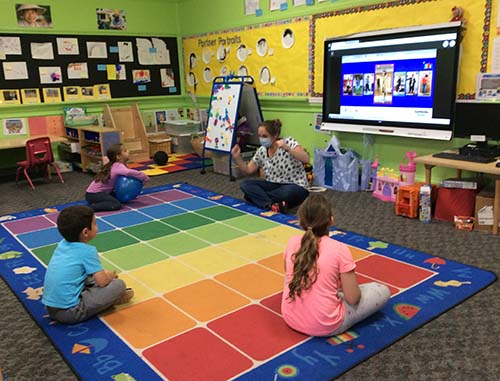
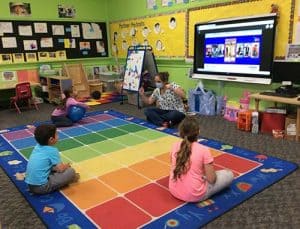 VALHALLA, NEW YORK (June 30, 2020) — Throughout New York State, massive shifts have occurred for workers, many of whom are parents who suddenly needed child care when schools closed. Although many office-bound parents could keep their children at home for remote education, parents who work in health care, as first responders, or in other essential functions needed help, and fast.
VALHALLA, NEW YORK (June 30, 2020) — Throughout New York State, massive shifts have occurred for workers, many of whom are parents who suddenly needed child care when schools closed. Although many office-bound parents could keep their children at home for remote education, parents who work in health care, as first responders, or in other essential functions needed help, and fast. 
 Tax Time Allies, a group of organizations providing tax preparation services to low income people, and The Intuit Financial Freedom Foundation, which supports programs that promote financial literacy and independence, recently created the Tax Time Allies ACE Award for agencies that go above and beyond in helping these individuals prepare their tax returns.
Tax Time Allies, a group of organizations providing tax preparation services to low income people, and The Intuit Financial Freedom Foundation, which supports programs that promote financial literacy and independence, recently created the Tax Time Allies ACE Award for agencies that go above and beyond in helping these individuals prepare their tax returns. 

 Nonprofit leaders, including
Nonprofit leaders, including 
